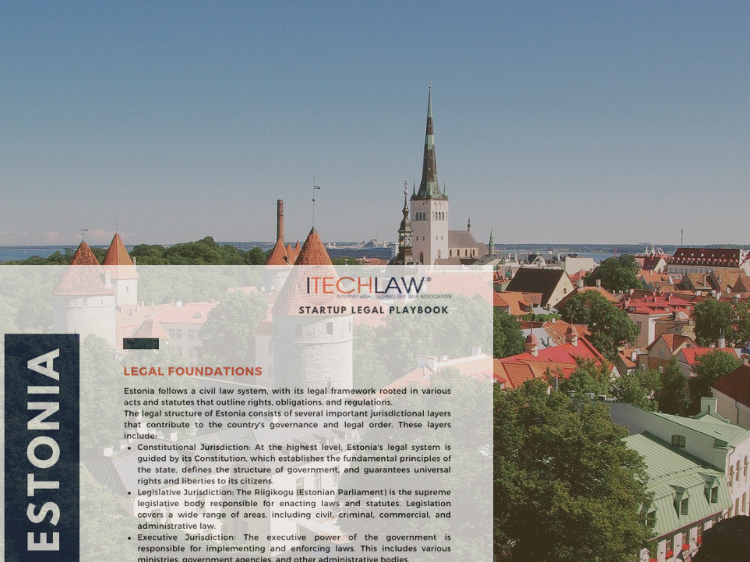
By its ruling on November 18, 2021, the Swedish Supreme Court has tried the extent of state immunity from enforcement which has previously not been clearly established by international case law. The Supreme Court concluded that property owned by a central bank must have a clear connection to the central bank’s monetary policy work, or some other clear connection to a qualified purpose of acta jure imperii, to be protected by state immunity from enforcement.
In December 2013, an arbitral award was rendered in a dispute between several investors and the Republic of Kazakhstan, whereby Kazakhstan was ordered to pay approx. USD 500 million to the investors. The investors applied for enforcement at the Swedish Enforcement Authority and seizure of inter alia securities owned by the National Bank of Kazakhstan. The securities were shares in listed Swedish companies.
The case was finally tried by the Swedish Supreme Court in a decision rendered on November 18, 2021. Kazakhstan and its National Bank claimed that the arbitral award was not enforceable since the securities were protected from enforcement by state immunity according to i) Article 21.1. (c) and ii) Article 19 of the United Nations Convention on Jurisdictional Immunities of States and Their Property of December 2, 2004 (“UN Convention”).
The Supreme Court found that the National Bank was to be seen as a central bank according to the definition in Article 21.1. (c) of the UN Convention. Article 21.1 provides that inter alia property of a central bank or other monetary authority of the State “shall not be considered as property specifically in use or intended for use by the State for other than government non-commercial purposes under article 19”. Article 19 inter alia provides that no post-judgment measures of constraint may be taken unless and except to the extent that “it has been established that the property is specifically in use or intended for use by the State for other than government non-commercial purposes”.
The Supreme Court concluded that the extent of the protection from enforcement according to Article 21 (c) of the UN Convention is not clear according to international law. This is especially the case since there were different opinions regarding this matter in the negotiations that preceded the UN Convention and that the extent has since not been clearly established by international case law.
The Supreme Court concluded that property is only protected by Article 21.1. (c) of the UN Convention if it has a clear connection with a central bank’s monetary policy work. In this case, the Supreme Court found that the securities had no such clear connection to the National Bank of Kazakhstan’s monetary policy work. The Supreme Court based this conclusion on the fact that the securities were included in the National Fund’s savings portfolio, which was actively managed on a long-term basis with high risk to create high return on investment, and not in a stabilization portfolio. Thus, the management of the savings portfolio was more similar to normal asset management than to an instrument in the National Bank’s monetary and currency functions.
The question of state immunity from enforcement was thereafter tried by the Supreme Court according to Article 19 of the UN Convention. Since the management of the securities by the National Bank was similar to normal asset management, the Supreme Court found that the property was intended for commercial purposes. Since Kazakhstan had not shown that the securities were to be used for any specific future state purpose, the Supreme Court found that Kazakhstan had not shown that the property had another clear connection to a qualified purpose of acta jure imperii, the public acts of the government of the state. The intended commercial use of the property meant that the property did not qualify for state immunity from enforcement.
Magnusson’s dispute resolution team has extensive experience of international enforcement issues and can provide advice on enforcement challenges for Swedish as well as international companies. Please do not hesitate to reach out to Madeleine Engzell and Lisa Düppe if you would like to know more about how Magnusson can help your company regarding Swedish and international enforcement issues.
Contact

Lisa Düppe
Senior Associate
Dispute Resolution, Employment, Insurance and financial services, International Arbitration
Send me an email +46 8 463 75 00 +46 76 527 74 66









